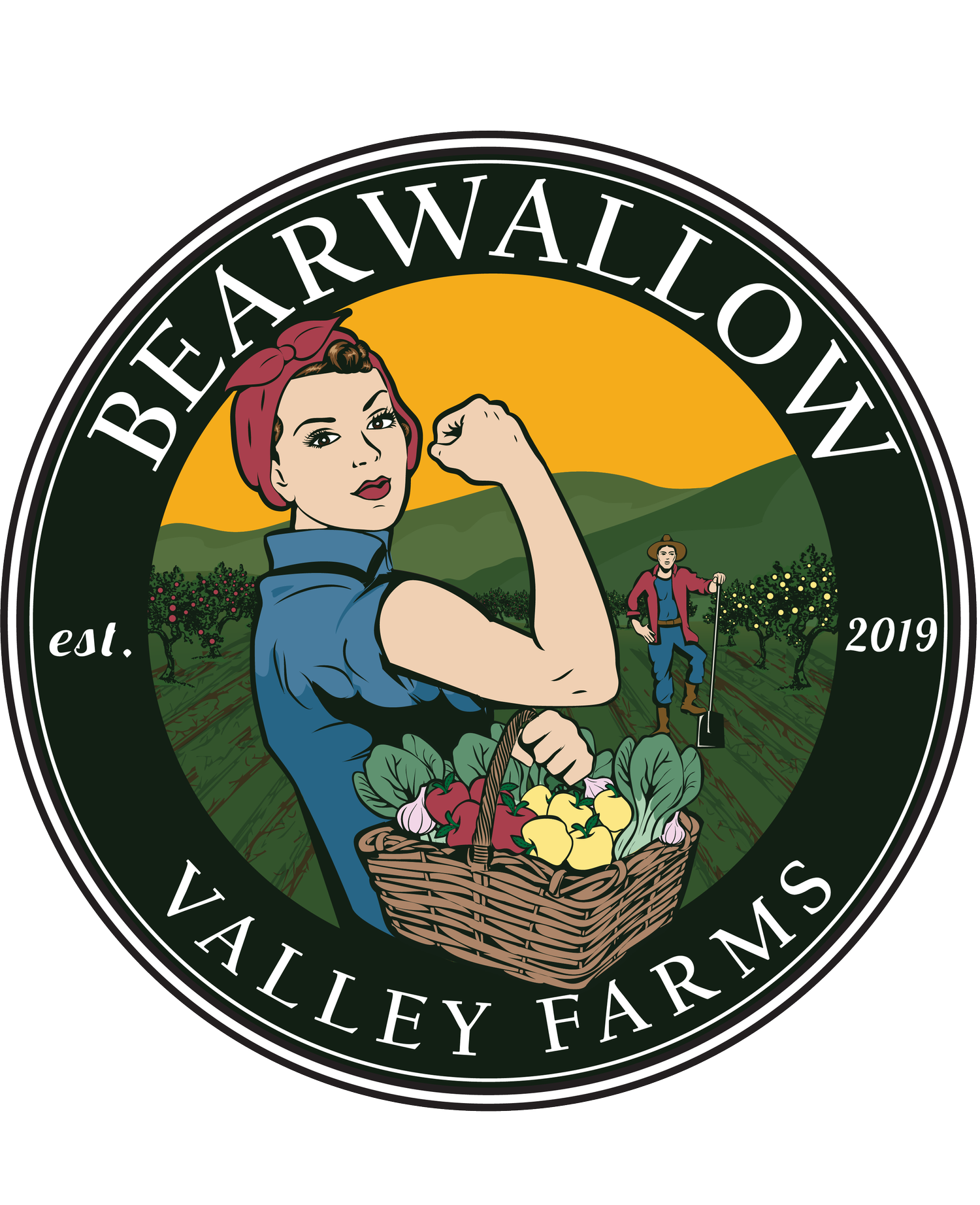The World of Wellness Experts: Who’s who!?
We all long to be healthy. Attaining optimal health comes in a variety of packages and varies from person to person. Some people seek out quick fixes, crash diets, juice fasts, cleanses and other remedies that provide a temporary fix while others rise up to play the long game. That’s where wellness experts come in. We all know part of playing the long game is gathering adequate knowledge and support to better our odds of success. This sets a foundation for our strategy, and a roadmap for our wellness goals.
While many arenas offer straightforward access to professionals (ie: you need assistance with your taxes, you see an accountant) others offer a variety of options. This is true of the world of wellness and nutrition: dieticians (also spelt dietitian), diet techs, nutritionists, and professional wellness experts all serve in valuable and slightly differing roles. Let’s unpack this a little together!
Registered dieticians utilize Association-based guidelines that cast a wide net across various patient demographics to create treatment protocols (NANP, 2022) which are then tailored to the patient, client, or consumer using the expert knowledge of the Registered Dietician.
To be credentialed as a Registered Dietician, one must complete a minimum of Bachelor’s Degree from a program of study with course work approved by the Academy of Nutrition and Dietetics Accreditation Council for Education in Nutrition and Dietetics (ACEND). Most undergraduate Food and Nutrition Programs will cover a wide variety of medical and community-based coursework including: nutritional biochemistry, pharmacology, physiology, microbiology, chemistry, foodservice systems management, business, economics, computer science, and sociology. The graduate then will complete a Supervised Practice Internship (usually 9 months in length). After both educational requirements are met, the graduate may then sit for the national examination for Registered Dietitians administered by the Commission on Dietetic Registration. To maintain registration, the RD must continue to complete numerous hours of continuing education during each recertification cycle of their career.
Dr. Will Cole, IFMCOP, DC noted in an interview with Forbes:
“We each have our own biochemistry - a unique combination of genetics that is different than anyone else. Because of this, what affects us health wise (diet, environmental triggers) and how that plays out in your health case (symptoms, diagnoses) is going to be different from person to person. Ultimately, there is no one-size-fits-all” (Cording, 2020).
There is a lot of information accessible at our fingertips and people are reaching for professional advice at an alarming rate from social media one snippet at a time. Are these sources consistently trustworthy? Likely not. Do diet trends actually work for people? Sometimes. Do wellness experts play a role in shaping the knowledge base and understanding of the individual seeking wholeness and wellness? Absolutely! Understanding how to eat, what to eat, and when to eat can bring an unruly amount of confusion for people. Trained professionals such as Registered Dieticians, Dietetic Technicians, and Nutritionists are here to help offset the somewhat daunting process of navigating a nutrition journey and life overhaul (Nutrition Ed, 2022).
Remember, wellness should be fun, enjoyable, and attainable for you as the individual. Set goals you can accomplish one at a time. Carve out time to play, try a new recipe, visit a loved one, ride a bike or watch a sunset.
Regardless of where you are at in your journey, you are not alone. Wellness experts are here to help!
Interested in a career- based path that allows your passion for nutrition and wellness to shine in your community and beyond? nutritioned.org highlights various state requirements to receive your nutritionist certification and beyond. Wellness matters, become an expert in your field!
Author Bio: Christy is an outdoor enthusiast, lover of sunshine, and golden retrievers. Currently a nursing student at WCU she will graduate in December 2022 from the ABSN program.
References:
Cording, J. (2020, June 22). Wellness experts discuss the importance of individualizing your approach to health. Forbes. Retrieved May 30, 2022, from https://www.forbes.com/sites/jesscording/2020/06/22/wellness-experts-discuss-individualizing-approach-to-health/?sh=6fe998077318
Journal of the Academy of Nutrition and dietetics www.eatrightpro.org ... (2017). https://www.eatrightpro.org/-/media/eatrightpro-files/practice/scope-standards-of-practice/scopeandstandardsofpracticebrochure.pdf?la=en&hash=6D3F70DAE93837BC7C85903F74F519BFB524FAC8
Nutrition Ed. Careers in nutrition and Dietetics. Nutritionist Degree. (2022). Retrieved May 31, 2022, from https://www.nutritioned.org/
Scope of Practice: National Association of Nutrition Professionals. National Association of Nutrition Professionals | Setting the standard for holistic nutrition. (2022, January 14). Retrieved May 31, 2022, from https://nanp.org/scope-of-practice/
U.S. Department of Agriculture. Are you making every bite count? MyPlate. (2020). Retrieved May 30, 2022, from https://www.myplate.gov/



